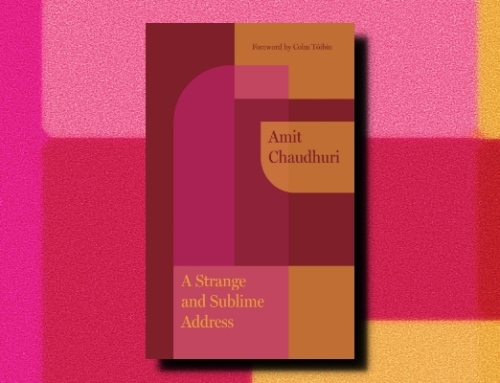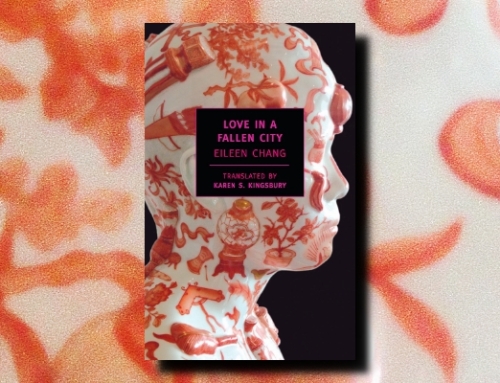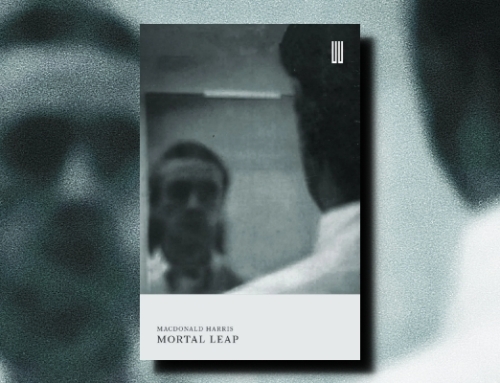The Inferno
by Dante Alighieri (1321)
translated from the Italian by Robert Hollander and Jean Hollander (2000)
Anchor Books (2002)
694 pp
 The first and last time I read Dante’s Inferno was, like most people, in a college humanities class. For me that was the Robert Pinsky translation back in 1998. I thoroughly enjoyed my trek through Hell while learning about Dante’s particularly violent medieval theology. Quite a bit of the imagery has stuck with me over the years. Ever since I have had the intention of finishing the full Divine Comedy . . . but that still hasn’t happened (though a couple of years ago I did read D.M. Black’s translation of Purgatorio, published by NYRB Classics. I realized at that time, though, that I’d like to read the whole thing, from the start, and from the same translator(s). So I did some searching and discovered that there was a translation of each part of The Divine Comedy from Dante scholar Robert Hollander and poet Jean Hollander. It still took me some time to finally get going, but over the past month I’ve read The Inferno at the rate of one Canto (plus all of Hollander’s notes) per day. What a nice way to welcome the spring!
The first and last time I read Dante’s Inferno was, like most people, in a college humanities class. For me that was the Robert Pinsky translation back in 1998. I thoroughly enjoyed my trek through Hell while learning about Dante’s particularly violent medieval theology. Quite a bit of the imagery has stuck with me over the years. Ever since I have had the intention of finishing the full Divine Comedy . . . but that still hasn’t happened (though a couple of years ago I did read D.M. Black’s translation of Purgatorio, published by NYRB Classics. I realized at that time, though, that I’d like to read the whole thing, from the start, and from the same translator(s). So I did some searching and discovered that there was a translation of each part of The Divine Comedy from Dante scholar Robert Hollander and poet Jean Hollander. It still took me some time to finally get going, but over the past month I’ve read The Inferno at the rate of one Canto (plus all of Hollander’s notes) per day. What a nice way to welcome the spring!
The Hollanders opted for textual fidelity, attempting to help the reader know what Dante wrote, even if it sacrifices some of the poetry. I am okay with that this time, since my main object is to understand, as best as possible, what Dante wrote. So, for example, here is a comparison of the Italian, the Pinsky, and the Hollander translation of the opening two tercets:
Italian:
Nel mezzo del cammin di nostra vita
mi ritrovai per una selva oscura,
ché la diritta via era smarrita.Ahi quanto a dir qual era è cosa dura
esta selva selvaggia e aspra e forte
che nel pensare rinova la paura!
Pinsky:
Midway on our life’s journey, I found myself
In dark woods, the right road lost. To tell
About those woods is hard—so tangled and roughAnd savage that thinking of it now, I feel
The old fear stirring: death is hardly more bitter.
Hollanders:
Midway in the journey of our life
I came to myself in a dark wood,
for the straight way was lost.Ah, how hard it is to tell
the nature of that wood, savage, dense and harsh—
the very thought of it renews my fear!
We can see that Pinsky’s is more poetic in a lyrical sense (maybe even than Dante himself), but Hollanders’ is a more faithful translation, line by line. They did have the benefit of not trying to work around the terza rima rhyme scheme.
This edition is a hefty one. Reading just the poem itself would probably take only a few hours, but here we not only have a good introduction and copious notes, we also have the Italian on the opposing page. To read a Canto a day took approximately 20-40 minutes, depending on how many notes they had.
I was always looking forward to my daily quest and was happy with this reading. I’m excited to keep going with another read of Purgatorio, and then, finally, a first read of Paradiso.
Have you read any of the Divine Comedy? Any thoughts—or nightmares—you’d like to share?









So glad you are reading Dante’s Inferno and sharing your thoughts. Thank you! I am starting an online class with Sheila Kohler in June through the Center for Fiction and she will be discussing Robert Pinsky’s translation of the book. it.https://centerforfiction.org/group-workshop/dantes-inferno-with-sheila-kohler/
Thanks for drawing my attention to this! If Pinksy had continued to translate the remainder of the Comedy I would definitely have gone with him again (though I’m glad I went with Hollander as well). His is such a poetic and rich translation. In the introduction Hollander says something like we don’t want to make Dante a better poet than he is, which made me wonder if he was talking about Pinsky’s translation, which came out not long before Hollander’s.
Sadly, I feel now, I didn’t take literature in college, although I’ve always been into literature. On my own, I never read _The Divine Comedy_ , because I’ve been prejudiced about reading such “religious” books, not believing in what they describe, and fearing they would be an awful bore. I’ve largely changed my mind on the latter point, realizing they can be interesting reading. But will they ever be enough of a priority for me to get into this big reading project?
Your mention of reading one Canto per day has reminded me of this reading practice, which I have often told myself I’d do for some works, yet rarely follow through. I need to cultivate more discipline, even at this late date! I may give Dante a try one of these days. I can quit at any time I want!
Fortunately, the Hollander translation is free to read:
https://archive.org/details/dante-dantes-the-divine-comedy-the-inferno-2012-dante-alighieri-robert-hollander-jean-hollander/mode/1up
The Pinsky is “Borrow Unavailable”.
Trevor: Have you looked at any other translations? I know I have Divine Comedy in various transations in book form (I’ve long collected “literature”), but I doubt I have the Hollander—I’d need to search! I know I have the Longfellow.
Comparing different translations is fascinating to me, although I don’t know the original languages, none enough to judge the accuracy, which I take it you do in the case of Italian. I recently spent a good session reading stories by Luigi Pirandello. I first read a collection translated by Lily Duplaix, called _The Merry-Go-Round, and Selected Stories_ . I’ve been working on two other collections by different translators, in which there are two stories duplicated. What a difference! One was far more wordy than the other. The two collections are _ Stories of the Years_ (Virginia Lewis) and _Short Stories_ (Frederick May). The two stories are “The Jar” and “Mrs. Friola and Her Son-in-Law Mr. Ponza” (May uses “Signora” and “Signor”).
Do you know any of these translators? If so, any opinions?
Laura:
I checked out the site you cited. I see Sheila Kohler is a writer. Have you read anything?
Some of her books are available to read free on archive.org , including her three short story collections:
Miracles in America
One Girl
Stories from Another World